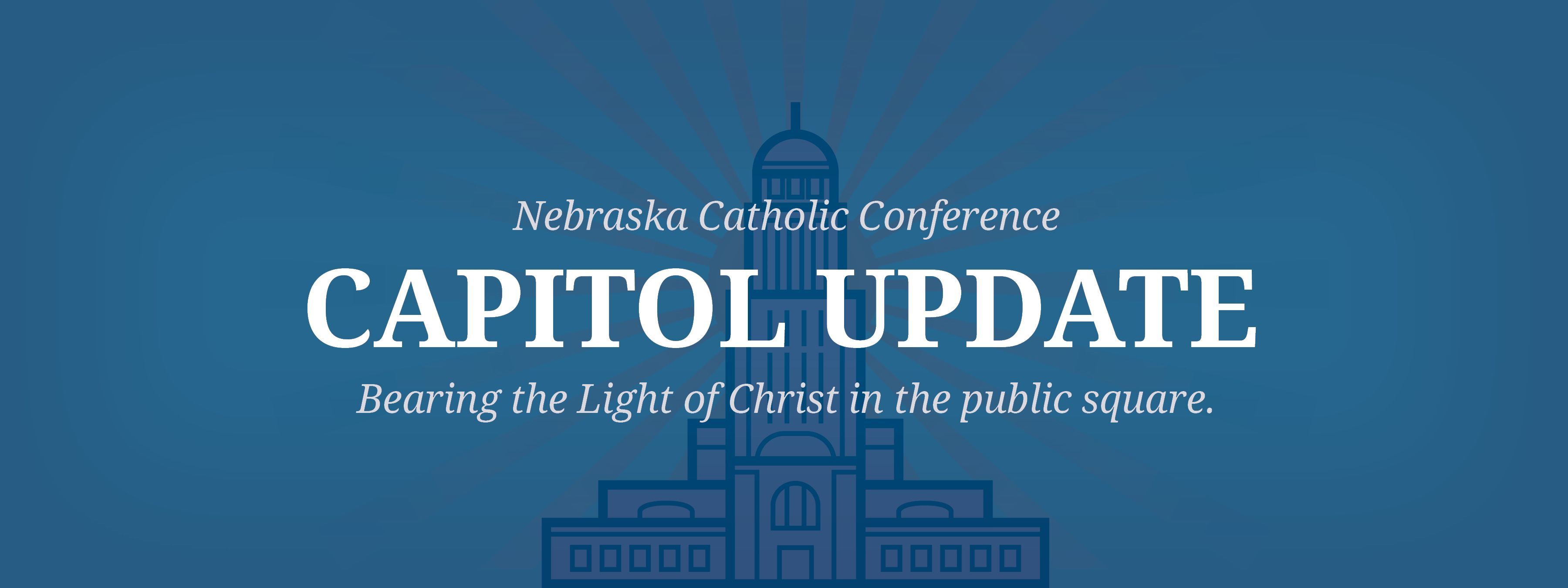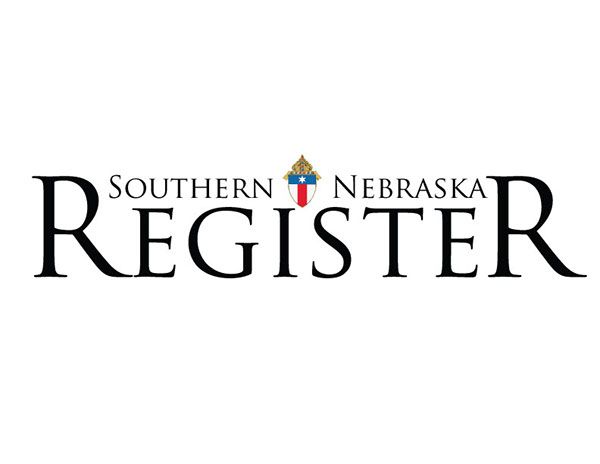And, like that, seemingly overnight, the coronavirus crisis has swept our communities, state, and nation. From being out and about with family and friends, to a brief moment of exercising caution, to abiding by government recommendations to stay-at-home for the sake of the public health, we are in the midst of a transformation as we speak. This is not a transformation limited to one dimension of society, like the economy or healthcare. It is a transformation that will be all-consuming. The transformation will reach to every dimension of our existence, spiritual, social, political, moral, and otherwise.
What we will look like on the other side of this transformation is yet to be seen. At best, there are only glimmers of the future that can be seen in this current crisis—and, even then, those glimmers have been interpreted differently by government officials, economist, news pundits, thought leaders, religious leaders, among others.
In the meanwhile, we must act on a variety of fronts. Already, public officials and other government leaders have been acting to protect the public health. Everything from loosening up regulatory measures for truck drivers to a trillions of dollar stimulus package—it’s all on the table.
At our nation’s capitol, Congress and the president have worked together to create two relief packages with, at the time of the writing of this article, a third one on the way. The first relief package contained increased funding for coronavirus testing as well as provisions to lower the cost of health-related expenses.
In the second relief package passed last week, Congress addressed a number of different issues, such as paid sick and family leave, unemployment assistance, nutrition assistance, and additional resources for coronavirus testing.
The third package—which is yet to pass as of the writing of this column—is set to provide $2 trillion (for those counting at home, it takes 12 zeros to get to a trillion) to help offset the economic impact of coronavirus.
And, likely, there will be several other efforts down the road to continue dealing with the effects of coronavirus in the United States.
At the state level, Governor Ricketts requested from the Legislature $58 million for the Governor’s Emergency Fund. This fund, according to the Governor’s website “was established... to provide appropriations for the Governor to expend for any state of emergency. The Governor may provide assistance to political subdivisions that have suffered from a disaster or emergency to such an extent as to impose a severe financial burden exceeding the ordinary capacity of the subdivision. Such assistance is designed to help political subdivisions of the state maintain or promptly restore essential public facilities or services when threatened by or damaged as the result of a natural or man-made disaster.”
The $58 million, as outlined by the Governor, will be used for safety equipment and other supplies, increased staffing for the Department of Health and Human Services, increased staffing for veterans’ homes and DHHS care facilities, funding for increased testing, lab equipment, and other technology.
In addition to this request for funding, the Legislature added another $25 million in discretionary funds, to ensure that the Governor has some funding beyond his own request. This discretionary funding was provided, in part, because it is uncertain when the Legislature will reconvene and be able to provide more coronavirus emergency funding. When that day comes, when the Legislature returns, they will most certainly have to deal with any number of coronavirus repercussions that have not been fully addressed by any federal relief packages.
These major legislative actions at both the federal and state level do not even begin to scrap the surface of what is taking place at the regulatory and administrative levels. To offer one example, the Nebraska Department of Education has been working tirelessly with schools—public and private—to ensure that every kid in Nebraska is getting the educational services they deserve during these trying times.
As we move forward, we will be in uncertain and unchartered times. Public policy decisions will be made on a daily basis that have an almost immediate impact on the lives of everybody across the state. Pray that our public officials and other government leaders would act with wisdom and courage.







